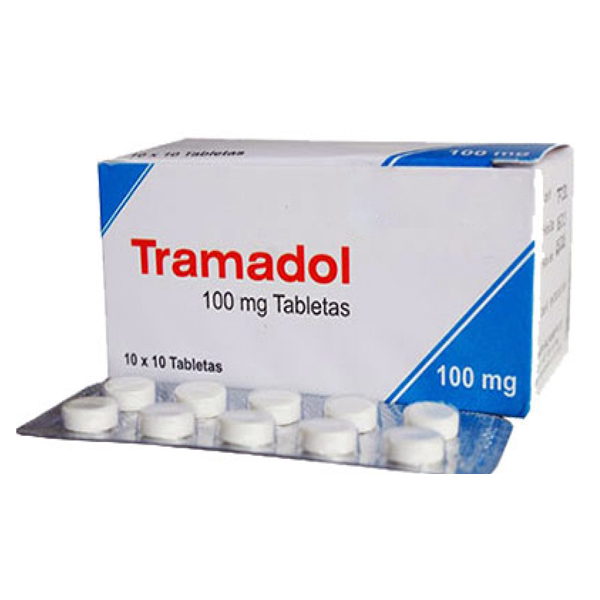Tramadol – A Strong Pain Reliever

Tramadol is a pain relief medicine. Tramadol is a prescription opioid medication that is used to treat moderate to moderately severe pain. It works by altering the way the brain perceives pain and by increasing the release of natural painkillers (endorphins) in the brain. Tramadol is typically used for short-term pain management and is often prescribed for conditions such as injury, surgery, and chronic conditions such as osteoarthritis and low back pain. It is important to use tramadol only as directed by a doctor, as misuse or overuse can lead to serious side effects and dependence.
You can buy tramadol online by visiting the website mytramadol.com
Precautions
When taking tramadol, it is important to be aware of the following precautions:
- Use as directed: Tramadol should only be taken as directed by a doctor and the recommended dose should not be exceeded. Misuse or overuse of tramadol can lead to serious side effects and dependence.
- Avoid alcohol: Alcohol can increase the sedative effects of tramadol and increase the risk of side effects. It is important to avoid alcohol while taking tramadol.
- Avoid activities that require alertness: Tramadol can cause drowsiness and impair your ability to perform activities that require mental alertness, such as driving or operating heavy machinery. You should avoid these activities for at least 24 hours after taking tramadol.
- Be aware of side effects: Tramadol can cause a range of side effects, including headache, nausea, dizziness, drowsiness, constipation, and dry mouth. If you experience any unusual symptoms, you should contact your doctor.
- Do not discontinue use abruptly: Abruptly stopping the use of tramadol can cause withdrawal symptoms. Your doctor may gradually reduce your dose to prevent withdrawal symptoms.
- Medical conditions: If you have any medical conditions, such as liver or kidney disease, a history of head injury or seizures, or a history of drug or alcohol abuse, you should inform your doctor before taking tramadol.
- Pregnancy and breastfeeding: Tramadol may be harmful to a developing fetus and should be used during pregnancy only if the potential benefits outweigh the potential risks. It is also not known if tramadol is excreted in breast milk, so women who are breastfeeding should consult with their doctor before taking the medication.
- Interactions with other medications: Tramadol can interact with other medications, including prescription and over-the-counter drugs, herbal products, and dietary supplements. You should inform your doctor about all medications you are taking before starting tramadol.
What happens if I overdose tramadol?
An overdose of tramadol can be serious and potentially life-threatening. Symptoms of a tramadol overdose can include:
- Respiratory depression: Overdose can cause slowing or cessation of breathing, which can lead to hypoxia (lack of oxygen) and brain damage.
- Central nervous system depression: Overdose can cause sedation, confusion, and loss of consciousness, which can progress to coma.
- Cardiac effects: Overdose can cause decreased blood pressure, a slow or irregular heartbeat, and cardiac arrest.
- Seizures: Tramadol can cause seizures, and an overdose can increase the risk of seizures.
If you suspect an overdose of tramadol, it is important to seek emergency medical attention immediately. Overdose can be treated with supportive measures, such as airway management and respiratory support, and with specific treatments, such as naloxone, a medication that can reverse the effects of tramadol. The specific treatment will depend on the severity of the overdose and the individual patient.
If you miss a dose of tramadol, take it as soon as you remember. However, if it is close to the time of your next dose, skip the missed dose and continue with your regular dosing schedule. Do not take a double dose to make up for a missed one, as this can increase the risk of side effects and overdose. If you have any questions or concerns about missing a dose, it is best to consult your healthcare provider.





